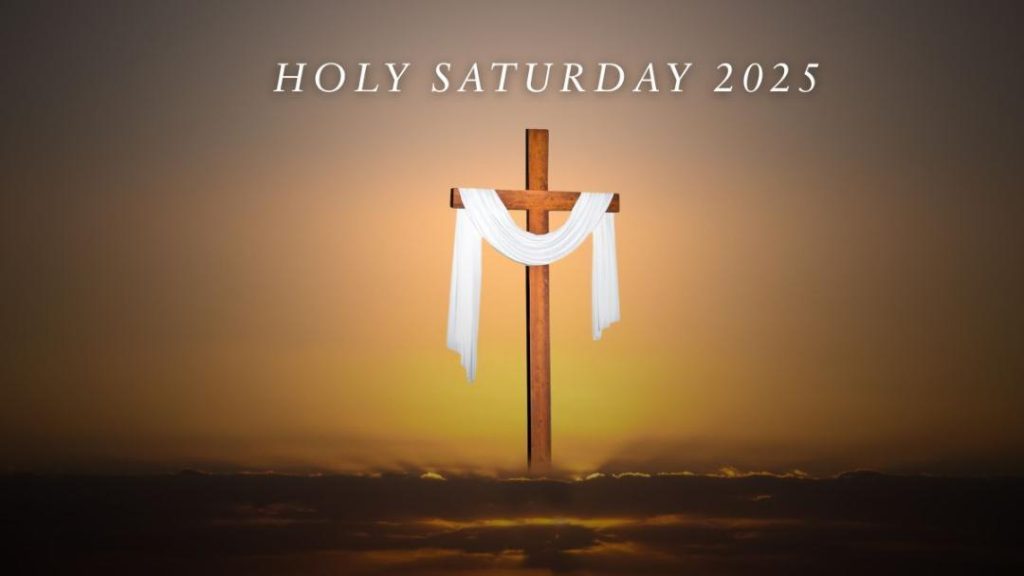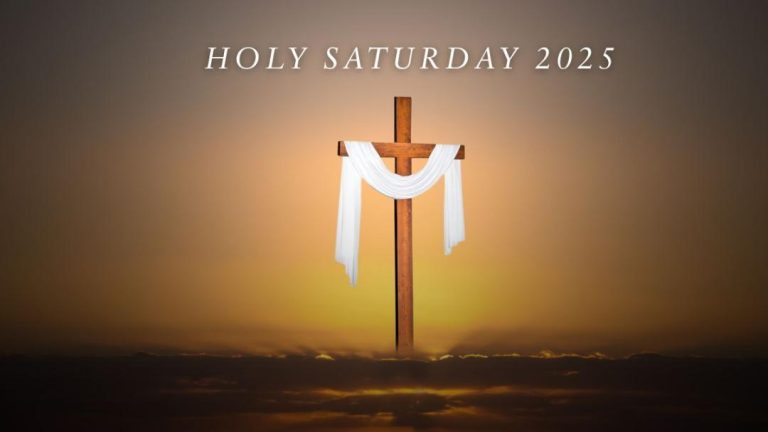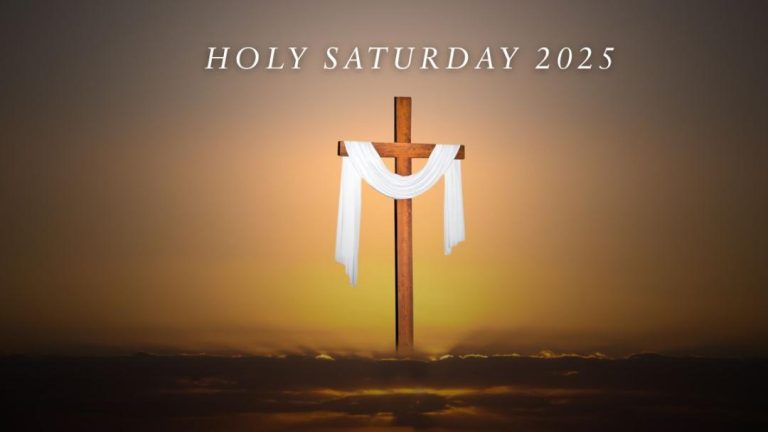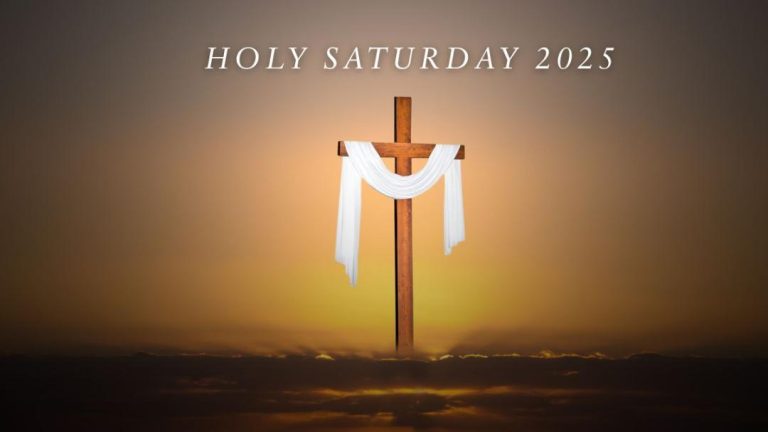
What is Holy Saturday & why is it celebrated?
As we approach the most sacred time of the year in the Christian calendar, we find ourselves on the threshold of a profound and meaningful celebration – Holy Saturday. Observed between Good Friday and Easter Sunday, Holy Saturday marks the day Jesus Christ lay in the tomb after his crucifixion. It is a day of silence, reflection, and anticipation, as the faithful prepare to rejoice in the resurrection of their Lord.
This year, Holy Saturday will be observed on April 19, 2025, followed by Easter Sunday on April 20. As we delve into the significance of this sacred day, let us explore its history, meaning, and importance in the Christian faith.
History of Holy Saturday
The concept of Holy Saturday dates back to the early Christian era, when the apostles and other followers of Jesus Christ were grappling with the meaning of his death and resurrection. According to Christian tradition, Jesus was crucified on Good Friday, and his body was placed in a tomb. On the third day, he was said to have risen from the dead, appearing to his disciples and followers.
Holy Saturday, also known as Easter Eve or Holy Saturday of Easter, commemorates the period between Jesus’ death and resurrection. It is believed that during this time, Jesus was in the tomb, and his followers were in a state of mourning and despair. The day is often marked by quiet contemplation, prayer, and devotion, as the faithful reflect on the significance of Jesus’ sacrifice and the hope of his resurrection.
Significance of Holy Saturday
So, why is Holy Saturday celebrated? The answer lies in its significance as a threshold between death and life, sorrow and joy. On this day, the Church reminds us that Jesus’ sacrifice on the cross was not in vain, but rather, it paved the way for our salvation.
Holy Saturday is also a time for introspection and self-reflection. As we contemplate the suffering and death of Jesus, we are encouraged to examine our own lives and the sacrifices we must make to follow in his footsteps. It is a day to reflect on our relationships, our actions, and our commitment to living a life that honors God.
Traditions and Customs
While the celebration of Holy Saturday may vary across different Christian denominations and cultures, there are several traditions and customs that are commonly observed. Here are a few examples:
- In many Catholic and Eastern Orthodox traditions, the day is marked by a solemn and quiet observance, often accompanied by special prayers and devotions.
- Some churches and communities hold special services or vigils on Holy Saturday, featuring music, readings, and reflections on the significance of Jesus’ death and resurrection.
- In many families, Holy Saturday is a time for preparing for Easter, with activities such as decorating eggs, baking traditional treats, and preparing for the Easter Sunday celebration.
- In some cultures, Holy Saturday is associated with traditional practices such as the blessing of the Easter baskets, the preparation of special foods, and the exchange of gifts and cards.
Conclusion
As we approach Holy Saturday, we are reminded of the power of hope and redemption that lies at the heart of the Christian faith. This sacred day is a time for quiet contemplation, reflection, and anticipation, as we await the joyous celebration of Easter Sunday.
Whether you are a devout Christian or simply curious about the significance of Holy Saturday, this day offers a unique opportunity to connect with the rich history and traditions of the Christian faith. As we mark the day between Good Friday and Easter Sunday, let us remember the sacrifice of Jesus Christ and the hope of his resurrection, and may we be inspired to live a life that honors God and brings joy to those around us.





